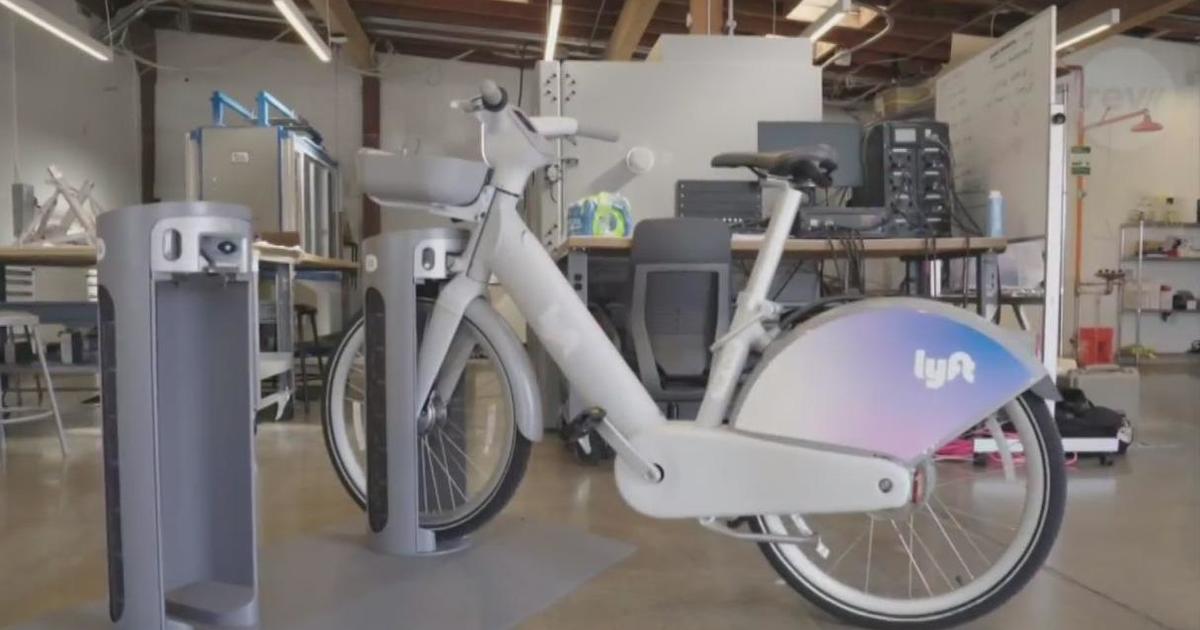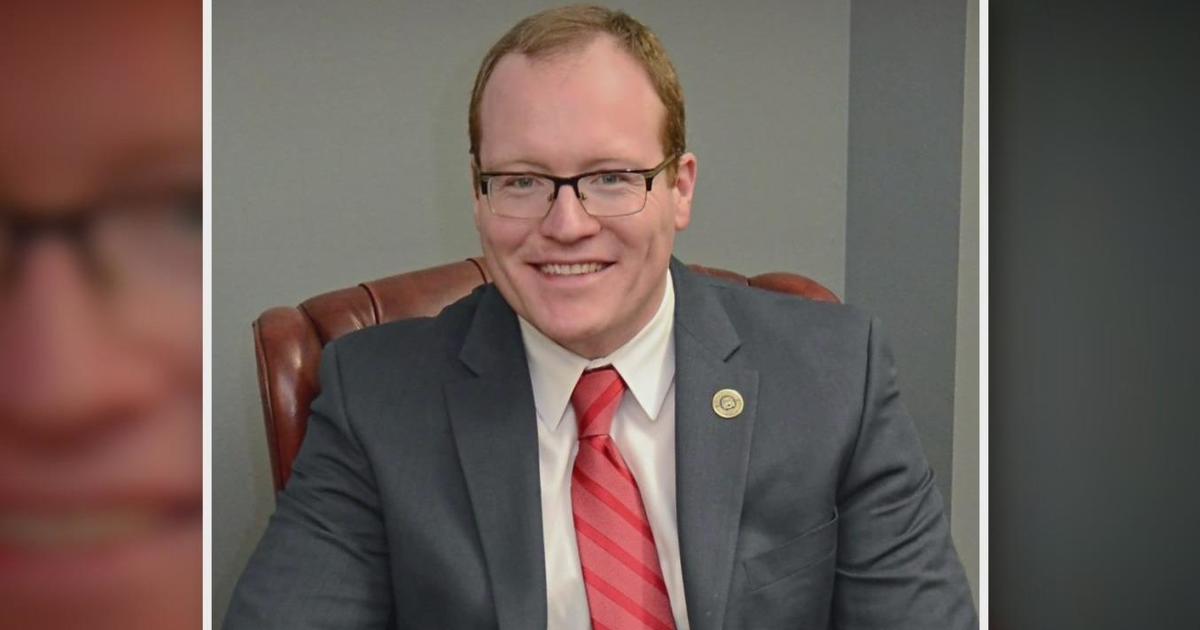This Earth Day Consider "Shedding" The Straw
CHICAGO (CBS) -- The Shedd Aquarium is celebrating Earth Day this year by challenging the Chicagoland community to commit to a conservation action that will protect our planet's waterways and the animals that live in them.
With its new #SheddTheStraw campaign, Shedd hopes to inspire Chicagoans to remove single-use plastic straws from their everyday life to reduce the amount of plastic pollution that enters our oceans, lakes and rivers. WBBM's Lisa Fielding reports.
"We're encouraging people to shed the straw. Either turn it down for Earth Day or consider reusable options made out of paper or a more durable product," said Jaclyn Wegner, Manager, Conservation Partners & Programs, Shedd Aquarium.
Americans use an estimated 500 million straws a day—the same weight as 1,000 cars, which is close to 3 million pounds. Straws, which are made of a petroleum byproduct called polypropylene mixed with colorants and plasticizers, do not biodegrade naturally in the environment. They are also nearly impossible to recycle.
"That's a staggering number. That's something people don't really think about a lot is they're drinking something at a restaurant or running from their coffee shop. Reducing our use of single use plastics by reducing our straw use is really something that Shedd Aquarium thought would be a accessible, easy opportunity for people to not only learn about and become more aware of their single plastic use, but also to try and decrease their use as well," said Wegner.
Because most straw-users trash their plastic straws when done, that means every straw ever used most likely still exists on this planet, although they may have broken down into smaller pieces of plastic.
"If we see garbage in our parks, on our street, making it's way into the rivers than it can make its way into the lake and then we'll see it on the beach and then it can impact the animals that are living in Lake Michigan, living in the Chicago River and it can be a detriment to our local wildlife," said Wegner.
At one of Shedd Aquarium's local beach clean-ups in Chicago, volunteers collected 75 plastic straws and stirrer sticks. At another local beach clean-up, volunteers collected 414 straws and stirrers. These statistics from single-day clean-ups at specific beaches in Chicago demonstrate how many plastic straws are being left behind here in Chicago, polluting Lake Michigan and the Chicago River.
When plastic items like straws find their way into ecosystems, the animals that live in them are at risk. Animals such as fish, seals, sea lions, otters, birds and whales are harmed by plastics when they become entangled. Additionally, many animals mistake plastic trash for food, nibbling on it or ingesting it entirely. When ingested, animals can die from a lack of nutrition, despite a full stomach. This is true for seabirds and for the fish in the Great Lakes.
"A federal study on 25 Great Lake species and it found that all 25 species of fish had plastics in their stomach. There are detriments that can come from that. If an animal is eating plastic, they may fell full and that encourages them to stop eating but plastic is definitely not giving them the nutrients they need and they can starve to death. They can also get entangled in plastic and that can cause harm if they can't get around their habitat as easily," she said.
Shedd Aquarium has declared that Earth Day is the last straw for single-use plastics that threaten water health and environmental quality. Conservationists are urging people to "Shedd" the straw from our everyday lives, ultimately reducing the amount of plastic straws consumed – and thus disposed of – every day.



